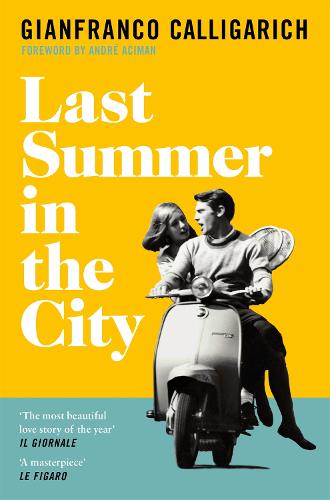The writing is gorgeous and the descriptions of Rome are flowing and atmospheric, though the story itself is not the strongest.
Ashley Hajimirsadeghi praises the writing in this book, describing it as gorgeous and atmospheric. They appreciate the vivid descriptions of Rome, which flow beautifully throughout the novel. However, they note that the story itself is not the strongest point, relying more on vibes and atmosphere rather than a robust plot. Despite this, the reviewer finds the book to be a compelling read, especially for those who enjoy evocative settings and introspective narratives.
Quick quotes
Regardless, I think the writing in this book is gorgeous.
It's not the greatest story and relies on vibes, giving descriptions to Rome that flow ...
The book is neatly constructed, the descriptions vivid and atmospheric, and the author expertly evokes the Rome of that era.
